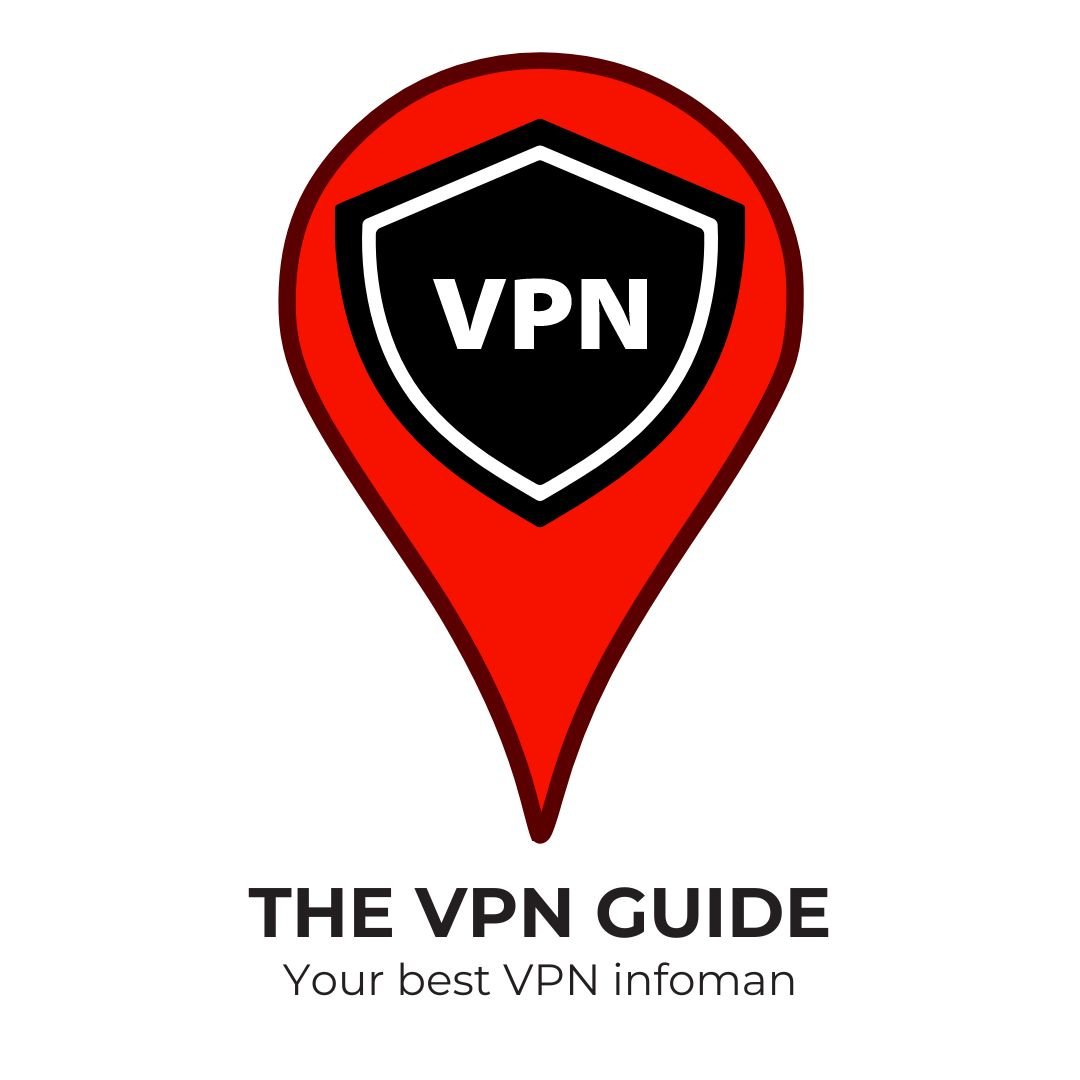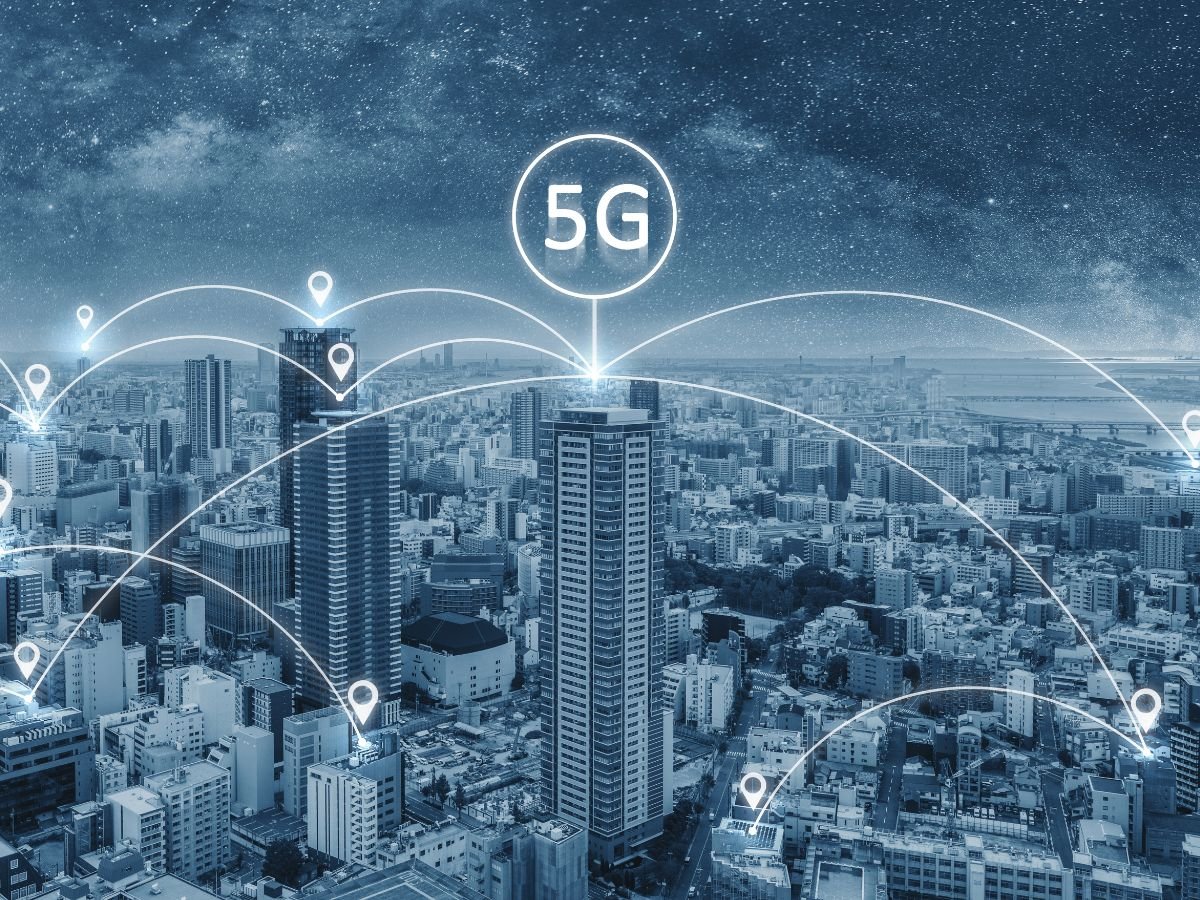The rollout of 5G networks is revolutionizing the telecommunications landscape, promising unprecedented speeds, lower latency, and increased connectivity. As this next-generation technology becomes more widespread, it’s crucial to examine its impact on Virtual Private Networks (VPNs), which play a vital role in ensuring online privacy and security.
In this article, we will explores how 5G networks are affecting VPN performance and security, highlighting both the opportunities and challenges that arise from this technological advancement.
Enhanced Speed and Performance
One of the most significant impacts of 5G on VPN performance is the dramatic increase in connection speeds. 5G networks offer theoretical peak data rates of up to 20 Gbps, compared to 4G’s peak of 1 Gbps. This substantial boost in speed has several implications for VPN usage:
Faster VPN Connections:
With 5G, VPN users can expect significantly faster connection speeds, even when routing their traffic through remote servers. This improvement allows for smoother streaming, faster downloads, and more responsive browsing while using a VPN.
Reduced Latency:
5G networks boast ultra-low latency, with potential round-trip times as low as 1 millisecond. This reduction in latency can greatly enhance the responsiveness of VPN connections, making them feel more seamless and immediate.
Improved Multi-device Support:
The increased bandwidth of 5G networks allows for better performance when multiple devices are connected to a VPN simultaneously, addressing a common pain point in household or office environments.

However, it’s important to note that while 5G can significantly enhance VPN speeds, the actual performance will still depend on various factors, including the VPN server’s location, the encryption level, and the VPN provider’s infrastructure.
Challenges in VPN Protocol Optimization
The advent of 5G networks presents both opportunities and challenges for VPN protocols. Traditional VPN protocols like OpenVPN, while secure, may not be optimized for the high speeds of 5G networks. This situation has led to increased interest in newer, more efficient protocols:
- Protocol Adaptations: Existing protocols like OpenVPN and IKEv2 may need to be optimized or redesigned to fully leverage 5G capabilities. VPN providers are likely to invest in protocol improvements to ensure their services remain competitive in the 5G era.
- Custom Protocols: Some VPN providers are developing proprietary protocols specifically designed to work efficiently with high-speed networks like 5G. These custom solutions aim to balance security with the performance demands of 5G.
Challenges in VPN Server Infrastructure

The advent of 5G networks presents a paradigm shift in the telecommunications landscape, offering unprecedented speeds and connectivity. However, this technological leap forward brings with it a host of challenges for Virtual Private Network (VPN) providers, particularly in the realm of server infrastructure. As 5G networks become more prevalent, VPN services must adapt their infrastructure to meet the demands of these high-speed connections while maintaining robust security and reliable performance. The following table outlines the key challenges that VPN providers face in upgrading their server infrastructure for the 5G era:

| Challenge | Description |
|---|---|
| Server Capacity | Upgrading hardware to handle higher data throughput, including more powerful CPUs, increased RAM, higher capacity NICs, and faster storage solutions. |
| Geographic Distribution | Expanding server networks to more locations to leverage 5G’s low latency, involving strategic placement and negotiations with global data centers. |
| Load Balancing | Implementing sophisticated techniques to distribute traffic efficiently across multiple servers and respond to sudden spikes in usage. |
| Scalability | Designing infrastructure to rapidly scale with growing demand, potentially leveraging cloud-based solutions and automated deployment systems. |
| Energy Efficiency | Addressing increased power consumption through energy-efficient hardware, optimized server utilization, and exploration of green energy solutions. |
| Security Upgrades | Enhancing security measures to protect against threats at higher speeds, including robust firewalls, upgraded encryption protocols, and advanced monitoring systems. |
| Bandwidth Management | Negotiating higher bandwidth allocations and implementing advanced management techniques to ensure consistent performance. |
| Protocol Optimization | Developing or optimizing VPN protocols to fully utilize 5G speeds while maintaining security, potentially involving new encryption and compression techniques. |
| Compatibility | Ensuring upgraded infrastructure remains compatible with older devices and networks while optimizing for 5G capabilities. |
| Cost Management | Balancing significant infrastructure investments with the need to maintain competitive pricing for VPN services. |
These challenges represent the complex landscape that VPN providers must navigate as they adapt their services for the 5G era. Addressing these issues will be crucial for maintaining the relevance and effectiveness of VPN technology in an increasingly high-speed, connected world.
Security Implications
While 5G networks offer improved speed and efficiency, they also introduce new security considerations for VPN usage:
- Increased Attack Surface: 5G networks rely heavily on software-defined networking (SDN) and network function virtualization (NFV). While these technologies offer flexibility and efficiency, they also potentially increase the attack surface for malicious actors. VPNs will need to adapt to protect against new types of vulnerabilities that may emerge in this more complex network architecture.
- Enhanced Encryption Needs: The high speeds of 5G networks may require more robust encryption methods to ensure that security keeps pace with data transmission rates. VPN providers may need to implement stronger encryption algorithms that can operate efficiently at 5G speeds without compromising security.
- IoT Security: 5G is expected to accelerate the growth of the Internet of Things (IoT). This proliferation of connected devices presents new challenges for VPNs in terms of securing a vastly expanded and diverse network of endpoints.
- Network Slicing Security: 5G introduces the concept of network slicing, which allows for the creation of multiple virtual networks on a single physical infrastructure. VPNs will need to ensure they can maintain security across these different network slices, each of which may have varying security requirements.
Mobile VPN Advancements
The convergence of 5G technology and Virtual Private Networks (VPNs) is ushering in a new era of mobile security, offering users unprecedented levels of protection, speed, and convenience on their portable devices. The combination of 5G and VPN technology is leading to innovative solutions in mobile security:
- Mobile VPN Solutions: With 5G’s improved speed and lower latency, mobile VPNs are becoming more effective and user-friendly. Users can expect a more seamless experience when using VPNs on mobile devices, with less impact on battery life and performance.
- Always-On VPNs: The reliability and speed of 5G networks make always-on VPN connections more feasible for mobile devices. This constant protection can significantly enhance user privacy and security in an increasingly connected world.
- Edge Computing Integration: 5G’s support for edge computing can be leveraged by VPN providers to offer faster, more localized connections. By processing data closer to the user, VPNs can potentially reduce latency and improve overall performance.
Future Trends and Innovations
As we venture further into the digital age, Virtual Private Network (VPN) technology continues to evolve rapidly, adapting to new challenges and leveraging cutting-edge innovations to enhance online security and privacy. The following table outlines some of the most significant future trends and innovations shaping the VPN landscape:
| Trend/Innovation | Description |
|---|---|
| AI-Powered VPNs | Integration of AI for real-time threat analysis, network optimization, and adaptive security measures |
| Quantum-Safe VPNs | Development of encryption methods resistant to quantum computing attacks |
| Decentralized VPNs | Utilization of blockchain technology to create peer-to-peer networks, enhancing privacy and eliminating central servers |
| Multi-Cloud VPNs | Seamless integration across multiple cloud platforms for unified connectivity and secure data exchange |
| Edge Computing VPNs | Optimization for edge computing environments, ensuring swift and secure data transmission with low latency |
| Privacy-Focused VPNs | Enhanced privacy features including strict no-logs policies and advanced encryption methods |
| 5G VPNs | Leveraging 5G networks for high-speed, low-latency secure connections on mobile devices |
| Customizable VPN Experiences | Personalized VPN settings allowing users to tailor connections based on specific needs and applications |

Key Takeaways
The advent of 5G networks marks a significant milestone in the evolution of internet connectivity, bringing both opportunities and challenges for VPN technology. While 5G promises to enhance VPN performance with faster speeds and lower latency, it also necessitates advancements in VPN protocols, server infrastructure, and security measures.As 5G networks become more prevalent, VPN providers will need to adapt their services to fully leverage the new technology’s capabilities while addressing emerging security concerns. Users can expect improved VPN experiences, particularly on mobile devices, with faster connections and more seamless integration into their digital lives.
However, the increased connectivity and data transmission capabilities of 5G also underscore the importance of robust privacy protections. VPNs will play a crucial role in safeguarding user privacy in an increasingly connected world, helping to mitigate the risks associated with more precise location tracking and extensive data collection.
The intersection of 5G and VPN technology is likely to drive innovation in the cybersecurity field, potentially leading to more advanced, AI-powered security solutions and specialized VPN services tailored to the unique demands of the 5G era.
As we move forward, it will be essential for VPN providers, network operators, and cybersecurity experts to collaborate in addressing the challenges and harnessing the opportunities presented by 5G networks. By doing so, they can ensure that VPN technology continues to evolve alongside network advancements, providing users with the speed, security, and privacy they need in an increasingly connected world.




